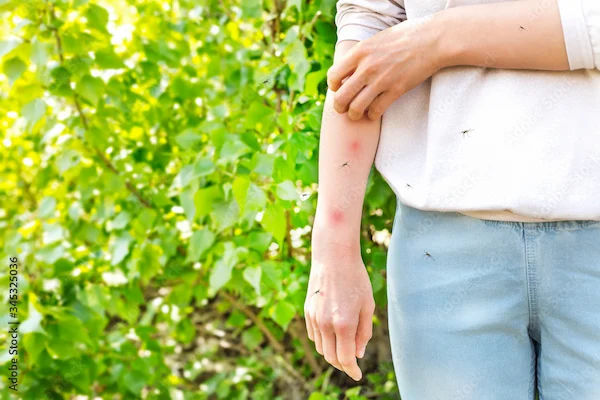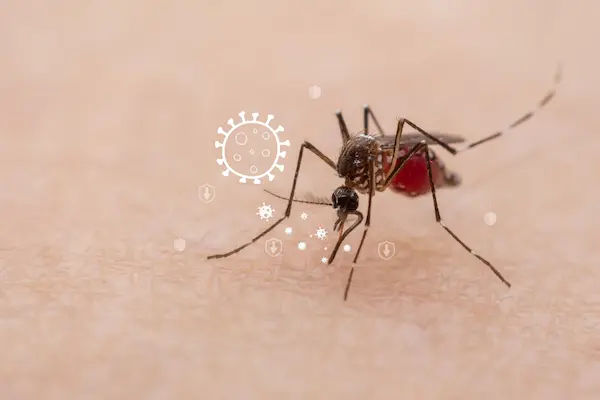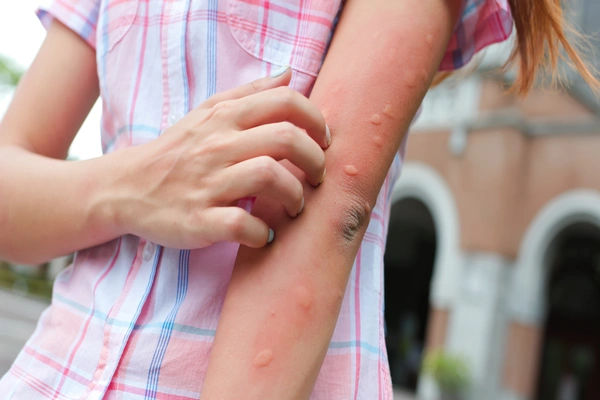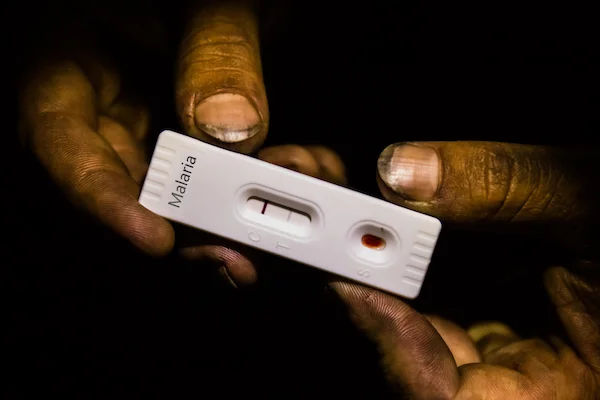How Long Does It Take to Recover from Malaria? A Detailed Guide
Know about the duration of recovery from malaria, influencing factors, recovery timeline, symptoms and how to tackle tiredness of malaria and more.

Written by Dr. Shaik Abdul Kalam
Reviewed by Dr. Dhankecha Mayank Dineshbhai MBBS
Last updated on 13th Jan, 2026
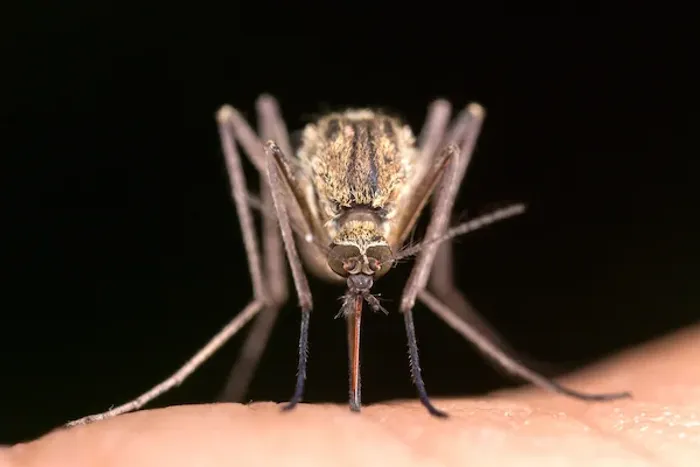
Introduction
Malaria is more than just a fever; it's a taxing battle between your body and a parasitic invader. Once the diagnosis is confirmed and treatment begins, the most pressing question for patients and their families is often, "How long until I feel like myself again?" The truth is, the malaria recovery time is not a one-size-fits-all answer. It's a journey influenced by a complex interplay of factors, from the specific parasite species to your own body's resilience. This guide will walk you through everything you need to know about the recovery process. We'll break down the key factors that determine your personal timeline, provide a realistic week-by-week overview of what to expect, and offer practical tips to support your body's healing.
Key Factors That Influence Your Malaria Recovery Time
Imagine two people with malaria: one is a healthy young adult, and the other is an elderly individual with a pre-existing condition. Their recovery stories will be vastly different. The duration of your malaria recovery depends heavily on several critical factors.
Consult Top Specialists for Personalised Tips
The Type of Malaria Parasite
Not all malaria is created equal. The species of Plasmodium parasite you contract is a primary dictator of both illness severity and recovery time.
Plasmodium falciparum: This is the most dangerous and prevalent species, common in Africa. It can cause severe, life-threatening complications rapidly. Recovery can be prolonged, especially if organ damage occurs.
Plasmodium vivax: Widespread in Asia and Latin America, P. vivax is known for its ability to lie dormant in the liver and cause relapses months or even years after the initial infection. This means the "recovery clock" can reset with each relapse.
Severity of the Infection at Diagnosis
Early diagnosis is a game-changer. If malaria is caught in its initial stages (uncomplicated malaria), the body responds to treatment more quickly. However, if the infection has progressed to severe malaria characterised by symptoms like cerebral malaria, severe anaemia, kidney failure, or acute respiratory distress—the recovery period extends significantly. The body not only has to clear the parasites but also repair the damage done to vital organs.
Your Age and Overall Health Status
A robust immune system is your greatest ally. Children, especially under the age of five, and the elderly generally have longer recovery times due to less mature or weaker immune systems. Individuals with compromised immunity, such as those with HIV/AIDS, or those with chronic conditions like malnutrition or diabetes, will also face a more challenging and extended recovery path.
Timeliness and Accuracy of Treatment
Initiating the correct antimalarial treatment promptly is the single most important factor in determining a positive outcome. Delayed treatment allows the parasite load to multiply, making it harder to control. Furthermore, drug-resistant strains of malaria require specific medication regimens. If the prescribed drugs are not effective against the local strain, recovery will be stalled until the correct treatment is administered.
The Typical Malaria Recovery Timeline: What to Expect
While individual experiences vary, we can outline a general timeline for uncomplicated malaria. This can help you set realistic expectations for your malaria recovery time.
Week 1: Diagnosis and Initial Treatment Phase
It is the most critical phase. Once you start taking antimalarial medication (like Artemisinin-based Combination Therapies or ACTs), you should notice a significant improvement within 24-48 hours.
Day 1-2: High fever and chills begin to subside. The intense body aches and headache lessen.
Day 3-7: The parasite load in your blood drops dramatically. However, you will likely feel extremely weak and fatigued. This is a normal part of the process as your body has expended immense energy fighting the infection. Completing the full course of medication, even if you feel better, is non-negotiable to prevent relapse.Th
Week 2: Symptom Resolution and Regaining Strength
By the second week, the acute symptoms are usually gone. The focus shifts to how to get energy back after malaria. The profound weakness, known as post-malaria asthenia, is often the most persistent symptom. You may feel well enough for light activities, but will tire easily. Proper nutrition and rest are paramount during this phase.
Weeks 3-4 and Beyond: The Road to Full Recovery
For many healthy individuals, this marks the period of returning to normalcy. Energy levels gradually improve, and appetite returns. However, it's not uncommon for some fatigue and weakness that linger for several weeks or even a couple of months. Listen to your body and avoid pushing yourself too hard too soon.
Recovering from Severe Malaria: A Longer Road
Severe malaria is a medical emergency that often requires hospitalisation, intravenous medication, and supportive care. The recovery time in such cases is measured in months, not weeks. The immediate goal is survival and stabilising organ function. After discharge, the convalescence period involves managing the aftermath, which could include physical therapy for muscle wasting, nutritional support to combat anaemia, and ongoing medical monitoring. The emotional and psychological impact can also be significant, requiring time and support to overcome.
Post-Malaria Symptoms: Fatigue and Weakness That Linger
"Why do I still feel so tired after finishing my treatment?" This is a very common and valid concern. The battle against malaria is a massive drain on your body's resources. The infection can cause hemolytic anaemia (destruction of red blood cells), leaving you feeling breathless and weak. The immune response itself is energetically expensive. This post-malaria recovery fatigue is your body's signal that it needs more time to rebuild. Pushing through it can delay your full recovery.
How to Speed Up Your Recovery from Malaria?
You can actively support your body's healing process. Think of recovery as a project where you are the chief facilitator.
Nutritional Support: Fueling Your Body's Fight
A post-malaria recovery diet should focus on replenishing lost nutrients.
Iron-Rich Foods: To combat anaemia, include leafy greens, lentils, beans, and lean red meat.
High-Protein Foods: Protein is essential for tissue repair. Incorporate eggs, poultry, fish, and dairy products.
Complex Carbohydrates: For sustained energy, choose whole grains, oats, and sweet potatoes over sugary, processed foods.
Fruits and Vegetables: These provide essential vitamins and antioxidants to bolster your immune system.
The Critical Role of Hydration
Fever and sweating lead to significant fluid loss. Rehydrating is crucial to help flush out toxins, support kidney function, and improve circulation. Water, coconut water, clear broths, and oral rehydration solutions are excellent choices.
Rest vs. Gentle Activity: Finding the Balance
While rest is medicine, completely immobilising yourself is not ideal. After the first week or two, introduce gentle activities like short walks. This can improve circulation and mood. The key is to stop before you feel exhausted. If your condition does not improve after trying these methods, consult a doctor online with Apollo24|7 for further evaluation and personalised advice.
When to Seek Further Medical Help During Recovery
While a gradual improvement is expected, certain red flags warrant immediate medical attention. Contact a doctor if you experience:
A return of fever or chills.
Symptoms worsen after an initial period of improvement.
Signs of dehydration (e.g., dark urine, dizziness).
Persistent vomiting or inability to keep fluids down.
Confusion, seizures, or severe shortness of breath.
If symptoms persist beyond two weeks without any signs of improvement, it's essential to seek professional help to rule out complications or treatment failure.
Conclusion
Recovering from malaria is a marathon, not a sprint. There is no magic number of days that applies to everyone. Your malaria recovery time is a personal journey dictated by the specific circumstances of your infection and your body's unique response. The most important takeaways are to complete your prescribed treatment, prioritise ample rest, nourish your body with healthy foods, and stay hydrated. Pay attention to the signals your body sends you, and don't hesitate to seek medical advice if something feels wrong. With patience and proper self-care, you will gradually regain your strength and return to your normal life.
Consult Top Specialists for Personalised Tips

Dr Syed Mateen Pasha
General Physician
2 Years • MBBS
Bengaluru
PRESTIGE SHANTHINIKETAN - SOCIETY CLINIC, Bengaluru

Dr. Vivek D
General Physician
4 Years • MBBS
Bengaluru
PRESTIGE SHANTHINIKETAN - SOCIETY CLINIC, Bengaluru

Dr. Syed Ismail Ali
General Practitioner
7 Years • MBBS
Hyderabad
Apollo 24|7 Clinic, Hyderabad

Dr. Pankaj Tripathi
General Practitioner
20 Years • MBBS, MD Pathology
Lucknow
Best Diabetologist Clinic, Lucknow

Dr. Ritesh Motghare
General Practitioner
18 Years • MBBS PGCDM
Nagpur
HEALTH CENTRE VNIT NAGPUR, Nagpur
More articles from Malaria
Frequently Asked Questions
How long does malaria weakness last?
It's common for weakness and fatigue to persist for several weeks after the acute illness has passed. In some cases, it can last for a month or two. This is due to anaemia and the overall energy expenditure of fighting the infection. Proper rest and nutrition are key to overcoming it.
Can malaria come back after recovery?
Yes, in two ways. A relapse can occur with parasites like P. vivax or P. ovale, which have dormant liver stages that reactivate later. A recrudescence happens if the initial treatment wasn't fully effective and a small number of parasites survive, multiplying again after a period. This is why completing treatment is vital.
What are the signs of recovering from malaria?
The clearest signs are the disappearance of high fever and chills, a reduction in body aches, and a gradual return of your appetite. While fatigue remains, you should feel a little stronger each day.
What foods should I avoid during malaria recovery?
Avoid processed, oily, and spicy foods that are hard to digest. Steer clear of caffeine and alcohol, as they can contribute to dehydration. Focus on easily digestible, nutrient-dense meals.
When is it safe to return to work or school after malaria?
This depends on the nature of your job and your recovery progress. For a desk job, you might return after 1-2 weeks if fatigue is manageable. For physically demanding work, wait until your strength has fully returned, which could take 3-4 weeks or longer. Always get clearance from your doctor.
